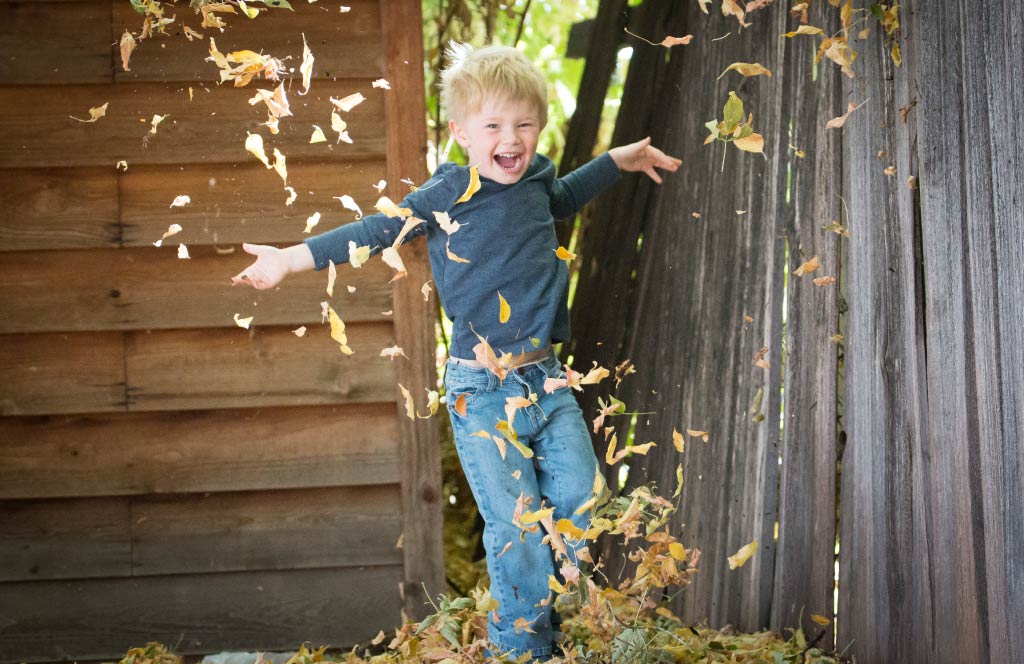How to teach your children about climate change
While some may be in denial about the fact that the world is showing signs of climate change due to human intervention, many acknowledge that climate change is a fact. Because of this, it's highly likely that your children will at some point hear about it. Ensure that they hear it first from you in a way that equips them to help make a positive change, rather than feel helpless.
For children to understand the importance of the environment and its role in our lives, children need to be taught to appreciate nature. To do this, take your kids for regular visits to the park, go on family hikes, visit natural history museums and watch nature documentaries together.
Large-scale causes include the way that factories burn oil and gas, cattle farming that releases methane and other gasses, and also deforestation.
All of this causes the formation of a layer around the earth that traps heat. The bottom line of the effect of global warming on the world is that the way we are living our lives is causing the world to heat up, and this is causing irregular climate patterns that are harmful to the earth.
In explaining all of this, try to prevent information overload as it may overwhelm them. If you'd like to share video clips to help explain, do a little research first and find those that explain simply and compellingly and provide children with action steps. There is a danger that climate change awareness drives may emphasise statistics that are hard-hitting but lacking in context. Without context, children may panic and feel helpless and hopeless.

Lastly, it is important for children to know how they can do their bit, and that there are also positive changes happening.
Here are a few practical tips to share with your kids, and for you to implement as a family:
Close the tap when not using it.
Not closing taps can waste up to 35,000 litres of water a year (roughly enough water for 140,000 cups of tea). Communicate that water is not an infinite resource and demonstrate this by running your dishwasher and washing machine with full loads to reduce frequency of use.
Public transport or walking.
If you are in a position to do so, avoid using the car.
Ditch the plastic.
Plastic bags take around 500 years to disintegrate - using a cloth shopping bag is a simple way to reduce your family's plastic use. By practicing this, you can teach your kids to avoid using plastic bags.
Lights and power off.
Teach your kids to unplug electrical appliances when not in use, and to switch lights off when leaving a room.
Implement a recycling system in your household.
Encourage your kids to help keep your recycling system going, and explain to them why there is a need for it.
Brought to you by: Different Life

